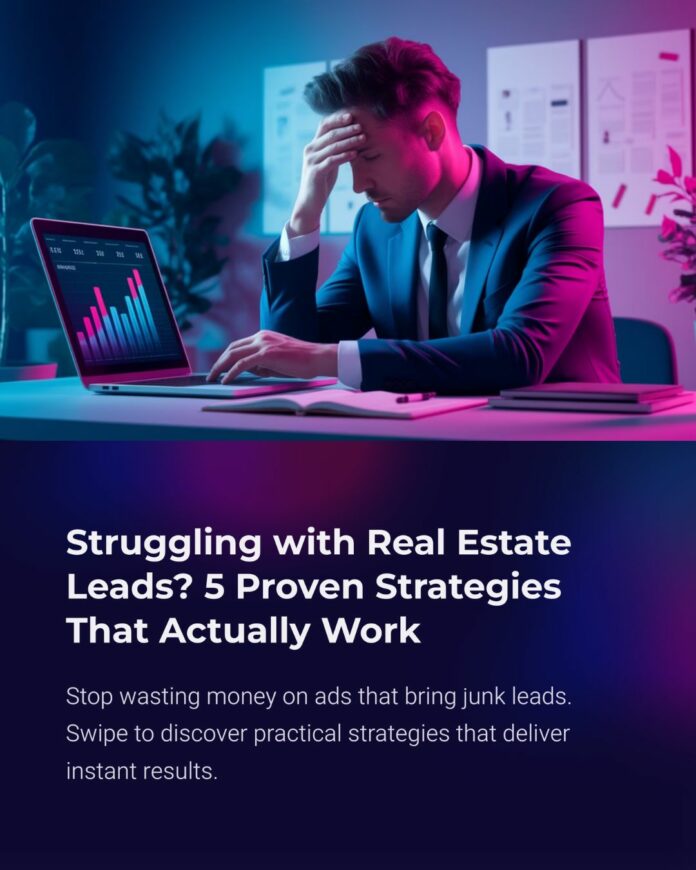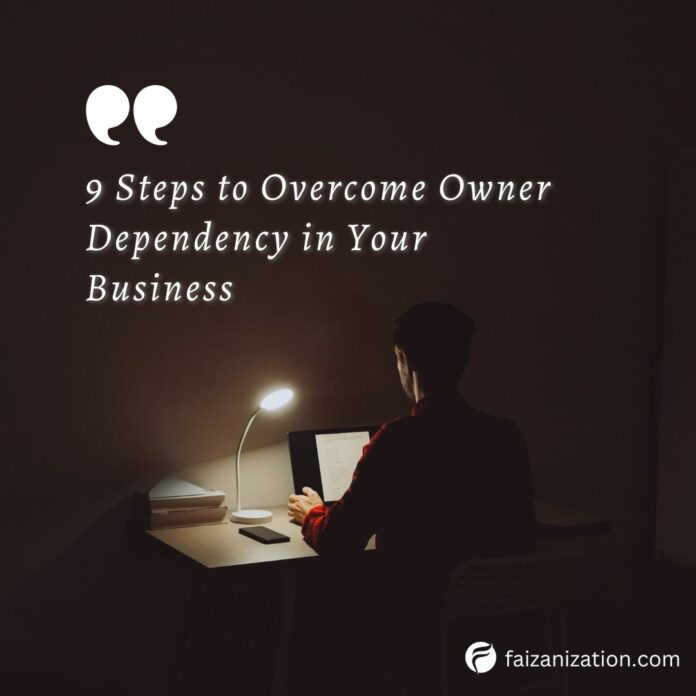Let’s talk about what really went wrong with Builder.ai—and let’s not sugarcoat it.
This isn’t about a branding mishap, nor is it just a case of bad timing or poor execution. This is about building a company based on an illusion. Builder.ai raised hundreds of millions of dollars while pretending to be a tech product company, powered by AI, revolutionizing app development.
But in reality? It was a glorified service company.
Let that sink in.
They didn’t have a product. They had a service disguised as a product. They didn’t have real AI. They had teams of backend developers manually coding apps behind the scenes. What they marketed as AI automation was just an internal team scrambling to customize templated apps for each client. The whole business was based on the repackaging of app development services into a shiny, SaaS-style sales pitch.
And somehow, they sold that dream to investors—big time. Backed by top names like Microsoft and the Qatar Investment Authority, they raised hundreds of millions. In 2024, they even reported revenue of $220 million. But then came the real number—$55 million. That’s a revision of nearly 75%.
You don’t revise numbers like that by accident. That’s a red flag not just in finance but in values, in transparency, in the very foundation of your business.
The Illusion of Scale
Builder.ai didn’t just fake a product—they faked scale. The LinkedIn page shows over 1600 employees. In Dubai alone, they had 60+ people. Now, anyone who has hired in Dubai knows how expensive that is. You don’t set up a 60-person office here unless you’re sitting on deep capital—or you think you are.
Now let’s contrast that with how a real tech company operates.
Take Lovable, Builder.ai’s closest competition. A product that actually works. A DIY app builder powered by AI where you enter a prompt, and it gives you a working prototype. No sales calls. No lengthy onboarding. No fluff.
Lovable didn’t need to burn millions on booths at GITEX. They let the product do the talking. Try it. Use it. If it solves your problem, you stay and pay.
They have a team of around 150 globally. That’s less than 10% of Builder.ai’s headcount. And yet, they generated $17 million in real, booked, paying-customer revenue in 2024.
That’s what product-market fit looks like. That’s what lean, efficient, user-centric growth looks like.
I’ve personally used Lovable. I’ve built prototypes on it. Given them to my team to work faster, to reduce back and forth. It works. It does what it says it will. It doesn’t make noise—it creates value.
The Marketing Gluttony
Builder.ai spent like a brand that had already won. Massive booths at every major event. Big PR moves. Huge advertising budgets. Flashy campaigns. But all of this was lipstick on a hollow shell.
They put more money into looking good than being good.
They spent so much on offline, old-school marketing—completely disconnected from how actual product companies grow in 2025. Today, if you can’t show your product in action, if users can’t try it and feel the value in minutes, you’ve lost them.
Yet Builder.ai forced every potential user into a sales process. No demos. No self-serve trials. You couldn’t see what it did—you had to trust a rep to tell you. That might have worked a decade ago. Not today.
And still, they hired poeple left right and centre. 1600 employees? For what? To support manual development work hidden behind a fake AI screen?
That’s not scale. That’s burn.
The Real Damage
Let’s call it what it is: this wasn’t just a failure. This was a breach of trust. With investors. With employees. With the ecosystem.
Startups fail all the time. That’s okay. That’s part of innovation. But failing after pretending to be something you’re not? That leaves a different kind of impact.
Investors lose faith in other AI-first companies. Talented employees get disillusioned. Legit startups trying to raise capital now have a tougher battle.
And worst of all, it makes the industry more skeptical of innovation claims. That hurts everyone.
What Should Have Happened
It’s not hard to imagine a different version of this story.
If Builder.ai had taken the funds and built a truly AI-first app development platform… If they had focused on a real product experience rather than vanity campaigns… If they had gone lean, kept the team tight, and stayed focused on actual tech innovation… If they had opened the product for trial, feedback, iteration…
Maybe then they’d be standing next to Lovable as a category leader. Instead, they became a cautionary tale.
Key Lessons for Every Tech Founder
This is not just about Builder.ai. This is about what not to do when building a company.
- Build the product first. Don’t raise on promises. Raise on results.
- Validate before you scale. 1600 employees? Only if you’ve got the revenue and retention to justify it.
- Let people try it. Don’t hide behind sales scripts. If your product is real, let it be used.
- Raise smart, spend smarter. Capital is not a trophy. It’s a responsibility.
- Avoid show-off marketing. Visibility without utility is dangerous.
- Be transparent. You can’t fool the market forever.
Builder.ai didn’t just collapse. It exposed a broken approach to startups that value optics over outcomes.
They raised money without clarity. They scaled without value. They branded without a foundation.
And now they’ve fallen. Not because the idea was bad. But because there was never a product to begin with.
This is not just a failed startup. This is a wake-up call.
To every founder, investor, and operator: build something real. That’s all that matters in the end.
And if you don’t, the market will find out. Eventually, it always does.









